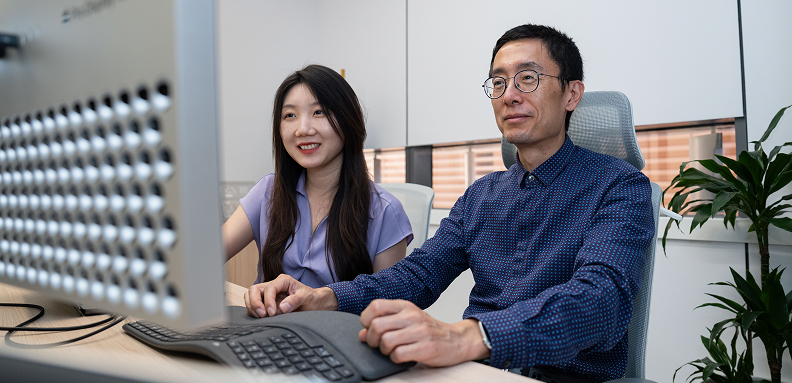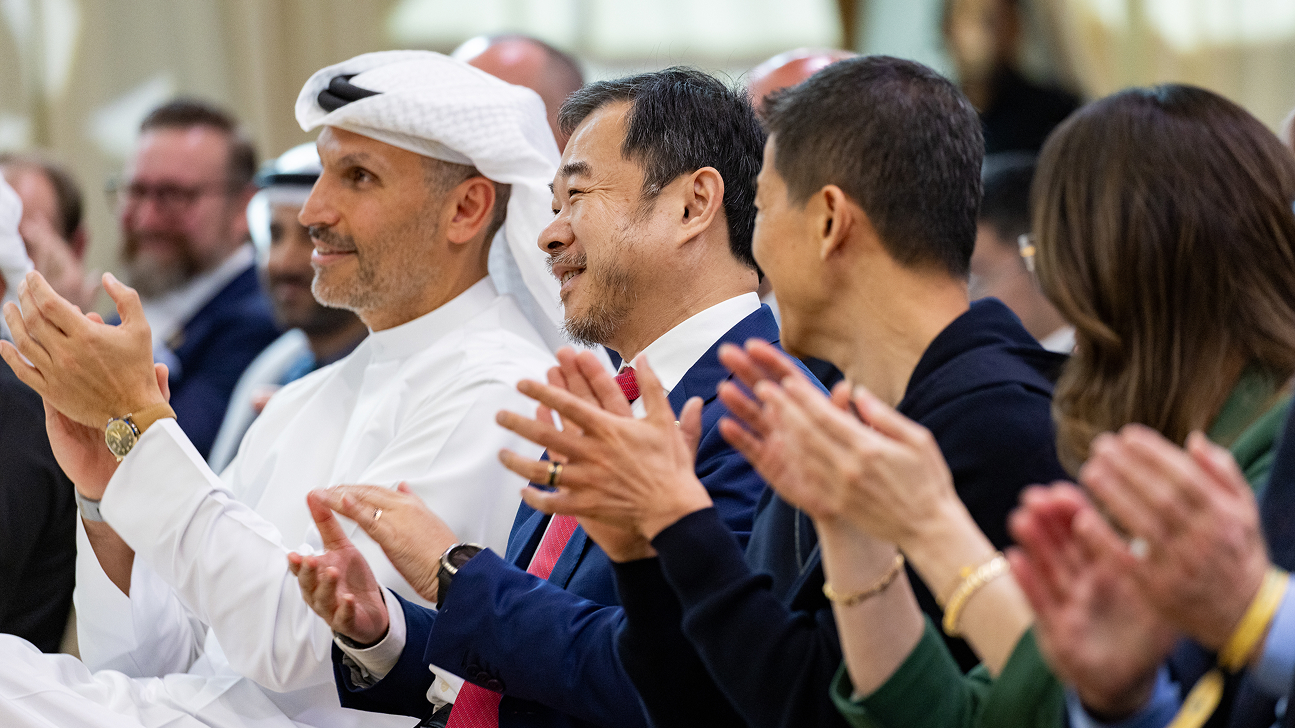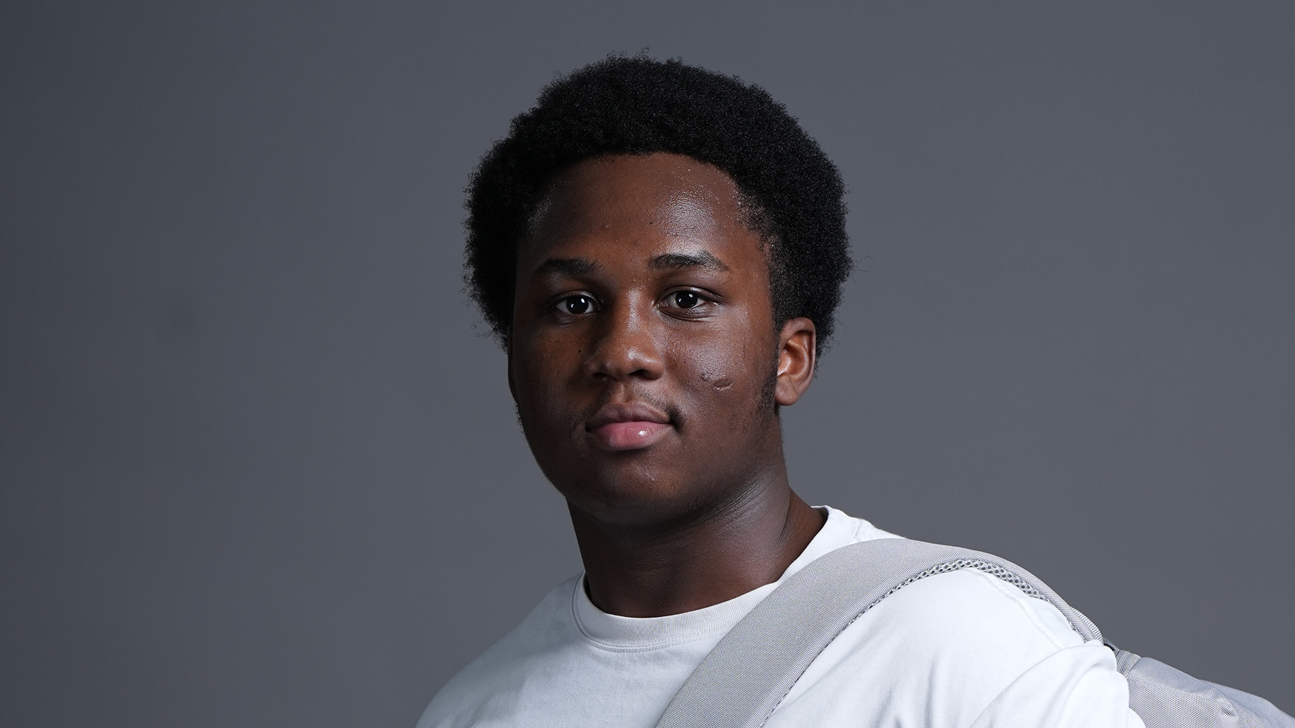Dedicated to AI cancer solutions
Friday, February 04, 2022
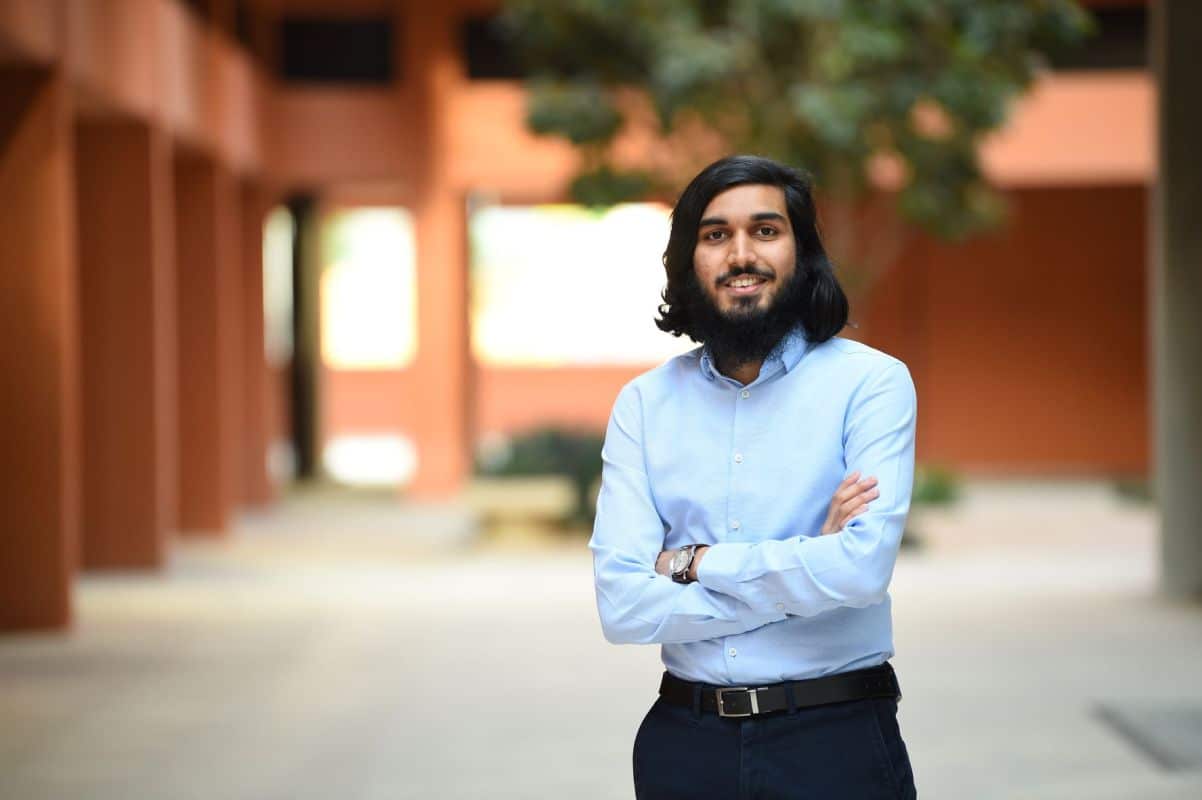
Machine learning master’s student Sayed Hashim has dedicated his artificial intelligence (AI) research to better cancer diagnosis and treatment after losing two loved ones to the disease. Hailing from Kerala, India, Hashim recently lost his grandmother to pancreatic cancer after a delayed diagnosis, and his grandfather when he was young. This is where his personal mission to use his knowledge and skills in machine learning started. Cancer is a critical health and human issue around the world, and Hashim wants to help create a future without cancer through cooperation and collective action this World Cancer Day (February 4, 2022).
Fighting cancer with machine learning
Hashim has been working at the intersection of machine learning and health for a while. He conducted research on machine learning algorithms for screening autism spectrum disorders (ASDs) in children as his final year project for his bachelor of computer science in artificial intelligence at the University of Malaya before joining MBZUAI. After completing this and looking at human sequencing data, he wanted to investigate what could be extracted to help in the fight against cancer.
“There is so much information in sequencing data that humans can’t possibly extract; hundreds of thousands of columns for each patient,” Hashim said. “It led me to think that what I’m learning now is the best way to move forward in treating cancer and diagnosis. AI and machine learning can carry out these tasks if the data and algorithms are up to it.”
[wps_pull-out-quote-right content=”My grandmother’s difficult diagnosis is one of the things which led me into genomic sciences…” surename=”Sayed Hashim” source=”MBZUAI machine learning master’s student”][/wps_pull-out-quote-right]Hashim teamed up with fellow MBZUAI student Muhammad Ali to develop machine learning algorithms that can predict cancer type classification from multi-omics data. “It’s really hard to diagnose cancers like pancreatic cancer early as symptoms don’t appear in patients until it’s too late,” Hashim explained. “My grandmother’s difficult diagnosis is one of the things which led me into genomic sciences and other omics science because there is more data, and more information about patients and their cell lines.”
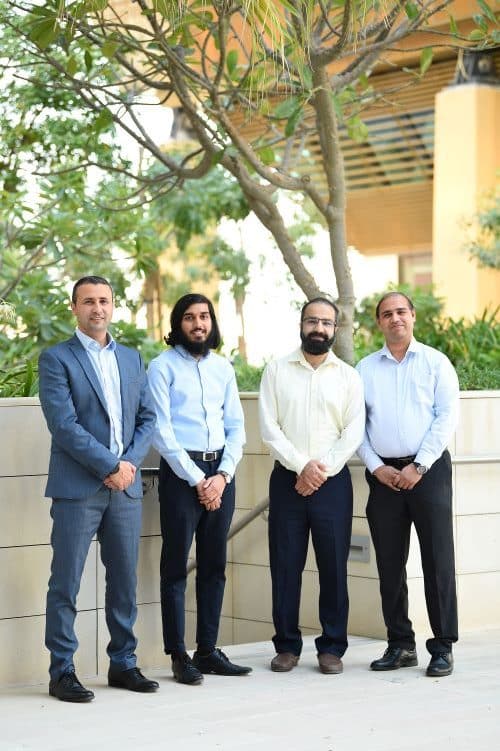 Omics profiling is helpful for identifying differences associated with a disease from a more holistic point of view. MBZUAI students have begun work to create a deep embedding network that learns to represent multi-omics data types in a latent space. And they’ve taken the project into the field of Self-Supervised Learning (SSL) to optimize and reduce the size of the models required.
Omics profiling is helpful for identifying differences associated with a disease from a more holistic point of view. MBZUAI students have begun work to create a deep embedding network that learns to represent multi-omics data types in a latent space. And they’ve taken the project into the field of Self-Supervised Learning (SSL) to optimize and reduce the size of the models required.
MBZUAI faculty members Dr. Karthik Nandakumar and Dr. Mohammad Yaqub oversaw the research and supported the students in the publication of their paper, “OmiEmbed+: Representation Learning of Multi-omics Data Using Variational Autoencoders for Cancer Type Classification”.
Data and accuracy
With more than 96% accuracy in their cancer type predictions, Hashim and Ali see the potential to take their research further. The pair are looking to use algorithms to, not only predict cancer types, but also predict patient survival rates over time; cancer recurrence; optimal treatment options and more by building on the early foundations of their model.
The dataset they used for their research matched tumor and normal tissues from 11,538 patients, 33 cancer types, and 60,483 features from around the world, provided by National Institutes of Health (NIH) in the United States.
“With the advent of Next Generation Sequencing (NGS), we now have access to large amounts of omics data such as genomic and transcriptomic data” Hashim said. “These different types of data tell us something about the patient—just like a CT scan or an MRI—but this data is not easy to understand or to extract insights from. This project was aimed at combining all these multiple types of omics-data and extracting relevant information from them to be able to use them for these downstream tasks.”
“It can be used as a diagnosis tool to tell you if a cell line is cancerous or not,” Hashim continued. “It says whether the cancer is lung cancer, or breast cancer or if it’s not a cancer at all. We want to continue to build our model so it can be used to predict other things such as survival prediction or the likelihood of cancer recurrence.”
These are big ambitions and would most certainly change how oncologists predict and treat patients. Hashim and Ali hope that the use of AI may be able to enhance the accuracy of detection, prediction and treatment. Hashim sees the biggest challenge as sequencing. The sequencing procedure is often painful when an organ or cell line is internal.
“We are also developing techniques to estimate omics data from images, so that we have a non-invasive way to obtain this data,” he explained. “It is just like how a doctor learns the biological insights from a CT scan—once we have a model that can learn data properly, then every task it does should work well.”
Related
Not just another deck: how MBZUAI’s okkslides is redefining executive communication
The MBZUAI startup is turning messy research and organizational context into decision-ready narratives with a human-in-the-loop AI.....
Read MoreMBZUAI marks five years of pioneering AI excellence with anniversary ceremony and weeklong celebrations
The celebrations were held under the theme “Pioneering Tomorrow: AI, Science and Humanity,” and featured events, lectures,.....
- celebration ,
- five year anniversary ,
- ceremony ,
- event ,
- board of trustees ,
- campus ,
- students ,
- faculty ,
Youngest MBZUAI student sets sights on AI superintelligence at just 17
Brandon Adebayo joined the University’s inaugural undergraduate cohort, driven by a passion for reasoning, research, and the.....
- engineering ,
- student ,
- Undergraduate ,
